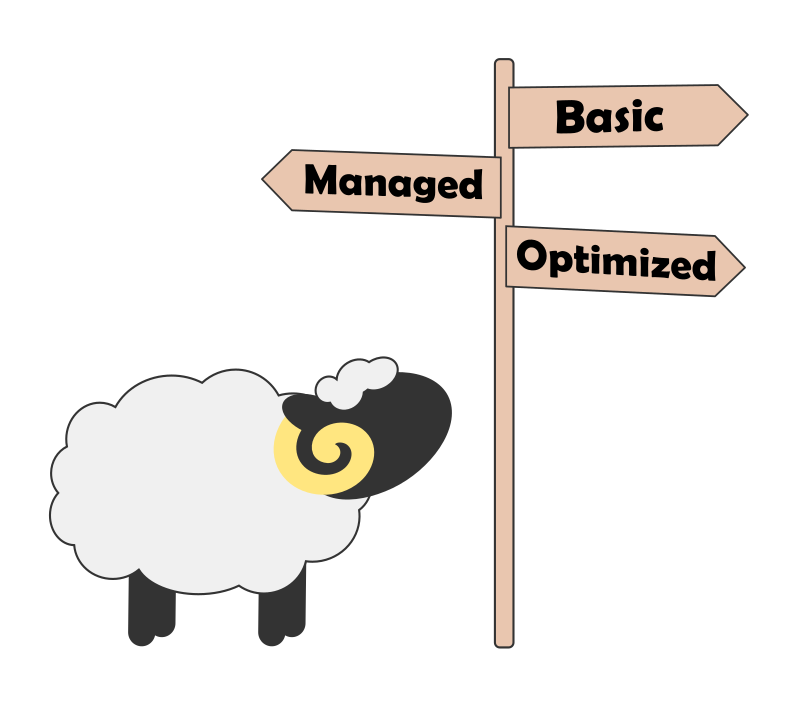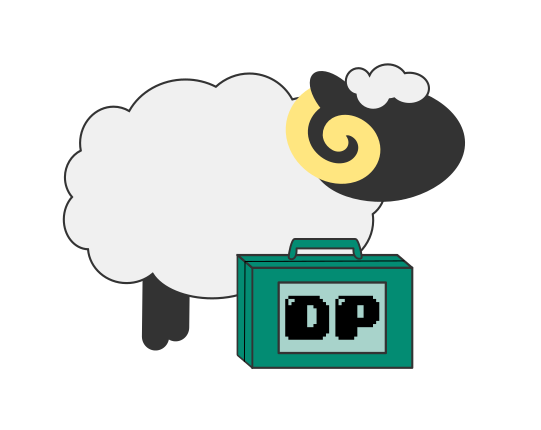Introduction
Many organizations already have solid processes in place for the legal management of analogue content which can be translated into the digital realm. However additional thought will need to be given to areas specific to digital content.
“Context is key and for the type of service that we are, there is a level at which it is appropriate for us as archivists to use our judgement as informed by our archival education and professional experience …but then there is a further level at which it is completely appropriate for us to look outside the immediate team for guidance. That guidance exists and is accessible and ultimately forms part of our organization.” - Laura Giles, University of Hull
-
Understand existing processes that are in place within your organization and consider whether they are applicable for digital content.
-
Consider who within your organization can help you. Cross team collaboration with legal, information governance and IT security teams may be helpful. It is not feasible for digital archivists to be experts in everything, but it is important to be able to access appropriate advice when you need it.
-
Review the existing agreements that you have with donors and depositors.
-
Ensure the right questions are asked when collecting new digital content.
-
Make use of licences (such as Creative Commons) and ensure end-users understand what they can and cannot do with the content.
-
Make sure you know where relevant documentation is stored, and ensure it can be effectively maintained and retrieved - a legal agreement hidden in an email thread is not going to be very helpful going forward!
-
You may be able to amend template donor and depositor agreements provided by other organizations (see below).
-
Taking the time to gradually build trusted relationships is often key for an archive working with indigenous or other community groups. DPC RAM places the establishment of “Trusted and collaborative relationships” at the Optimized level for this very reason.
-
Be respectful of any material that has cultural restrictions (e.g. only technicians of the appropriate gender should be involved in handling or processing). Consider cultural competency training for staff.
-
Digital Preservation Handbook: Legal Compliance - this section of the Digital Preservation Handbook includes relevant information and resources relating to legal issues
-
Intellectual Property Rights for Digital Preservation - a DPC Technology Watch Report by Andrew Charlesworth.
-
Creative Commons licences - a helpful and easy to use set of licences that permit certain uses of digital content.
-
Sample deposit agreements - some organizations make sample agreements and other documentation available for others to access. See for example CANMORE
-
Legal and Ethical Considerations for Born-Digital Access - a comprehensive report on this topic from DLF which focuses on considerations for practitioners working in the US.
-
Naomi Korn Associates - training provided on a variety of topics such as copyright, GDPR and a range of free resources, checklists and templates (UK based)
-
Icepops (International Copyright-Literacy Event with Playful Opportunities for Practitioners and Scholars) - this is an annual international event and presentations from previous conferences are available online.
-
CILIP training - information, news and events relevant to copyright aimed at the UK library sector.
-
Code of Ethics for the Digital Repository of Ireland (2023) – a short statement of the ethical principles adopted by the DRI which may provide a useful model.
-
Exploring ethical considerations for providing access to digital heritage collections – a DPC guidance note by Lisa Smith, Jenny Wood, Greg Oakes, and Madalyn Grant (2021)
-
CARE Principles for Indigenous Data Governance – drafted at the International Data Week and Research Data Alliance Plenary in November 2018, to complement the existing FAIR principles.
-
Tandanya Declaration – developed by the International Council on Archives (ICA) to promote “…a respectful and ethical relationship between archival institutions and Indigenous communities”.
-
Indigenous Archives Collective – “Indigenous archives collective position statement on the right of reply to indigenous knowledges and information held in archives”.
-
Protocols for Libraries, Archives and Information Services – developed by the Aboriginal and Torres Strait Island Library, Information and Resource Network (ATSILIRN).
-
Culturally Safe Libraries: Working With Indigenous Collections – developed by the National and State Libraries Australia (NSLA), 2018.
-
Indigenous Cultural and Intellectual Property Protocol – produced by the Department of Planning and Environment, NSW Government, Australia (2023).
-
Rethinking our RAM - Legal basis - Laura Giles blogs about the University of Hull's approach to the Legal Basis section of RAM.
-
Curating Collections as Data – A blog post from the Digital Repository of Ireland from June 2023 which details a conversation with Mikala Narlock, Director of the Data Curation Network (DCN) and Beth Knazook, DRI’s Research Data Project Manager and discusses among other things how curation provides an opportunity to make data more ethical.
-
“Using FAIR with CARE” and other thoughts on sharing cultural heritage images as data in South Africa - Another blog post from the Digital Repository of Ireland (September 2023), this time a conversation with Josiline Chigwada, Postdoctoral Research Fellow, University of South Africa and Beth Knazook, DRI’s Research Data Project Manager on how the CARE Principles for Indigenous Data Governance can be used alongside the FAIR principles for data curation.
-
“Community Archives at the Digital Repository of Ireland” – a paper by Lisa Griffith and Kevin Long, presented at iPRES 2023.












































































































































